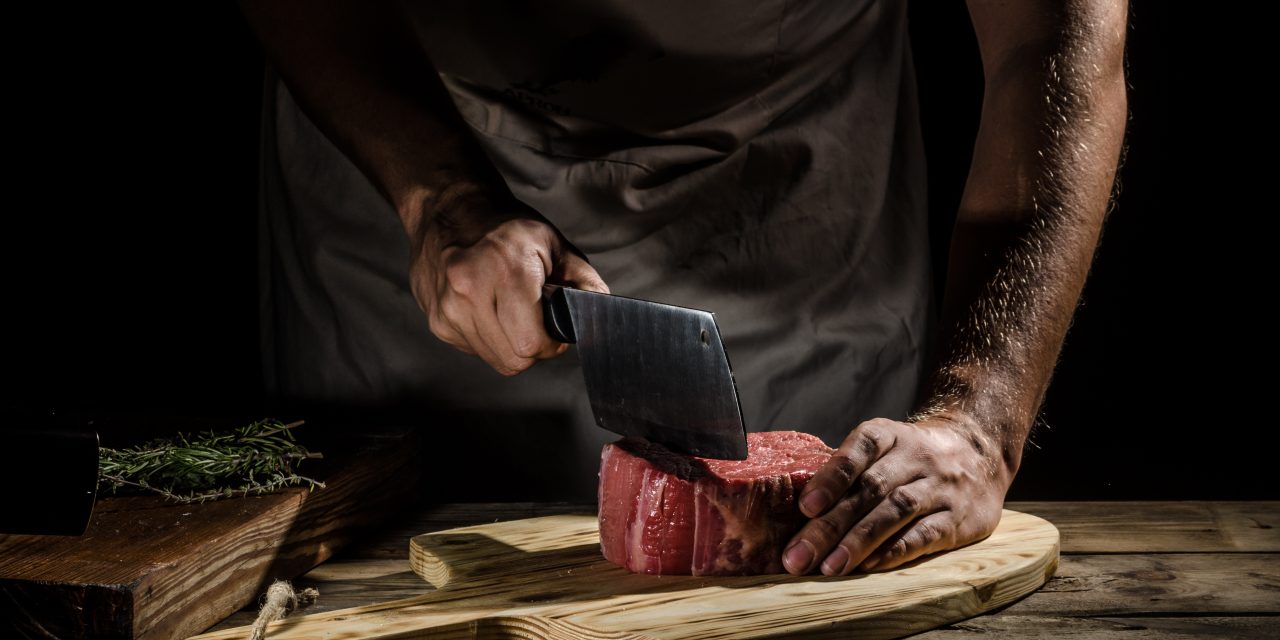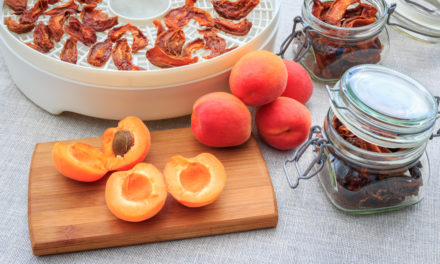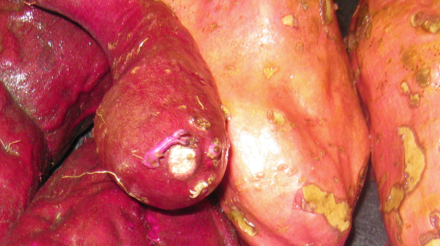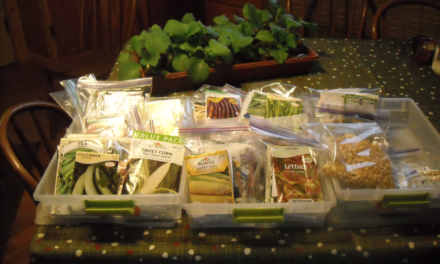The only good thing in my mind about cold weather is that it means it is time to butcher! For you urban dwellers who read this blog, you need cold weather to process the all-natural pastured pigs that the farmers have raised all year into amazing sausages. Do you know what this breakfast treat is called? It starts out greasy so I drain it on lots of paper towels to eliminate most of the statured fats.
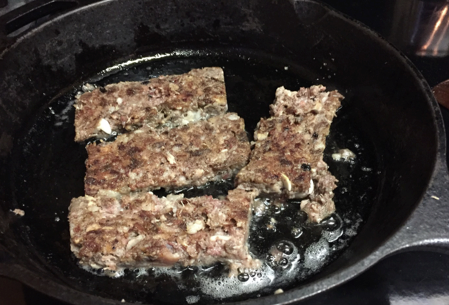
Butchering has been a culinary art for centuries. When food was scarce, whether the meat was harvested from a forest or raised in a pigpen, nothing went to waste. Every part of the animal (with few exceptions) was utilized. I have seen this put into practice in every second- and third-world country to which I have traveled.
I never tell a guest what I am serving or what the local name for the sausage is called because it sounds unappetizing. I simply call it “peasant sausage.” It has never failed. If I can get them to try it, they like it! There are few foods as tasty as homemade pork sausage with mashed potatoes and sauerkraut. My mouth is watering already!
One aspect of butchering that really appeals to me is the sense of community that comes with butchering. When I was a child, having family over on butchering day was festive. Everyone worked together to dress out one or two whole hogs. The men worked outside and the women laughed and cooked and did the prep work in the basement. The kitchen was busy cooking up fresh warm coffee cake and strong coffee for the first coffee-break at 9 a.m. The table was set with cups and saucers and one of my uncles would pour the black brew into a saucer to cool it down after hours spent in the cold.
We always served a hearty lunch of fried chicken and all the fixings. The hardworking men all ate first and then the table was reset for the children. Late afternoon brought them back in for the second coffee break when my mother would serve homemade pies and angel food cake. By that time they would be downstairs cutting the meat and getting it ready to go through the grinder. Back then, you couldn’t shop at your local Buchheit for an electric grinder or fancy casings for your sausage. It all was very labor intensive but so worth the effort!
I love to help my neighbors butcher but I am so glad I can go to Buchheit and find all the equipment and supplies I need to process my portion of the sausages and boneless pork chops.
In those days, you couldn’t take a pig in and have it killed, scalded and scraped for $20. All the work had to be done in-house. The men started at dawn getting a fire going under the black kettles filled with hot water.
My neighbor now sets his kettles up inside the shelter of one of his barns and takes the cooked meat off the bones with his bare hands. With modern refrigeration, the work doesn’t have to be completed in just one day so I look forward to spending several days alongside my wonderful neighbors and friends. They even humor me and will render a pot of pure lard just for me as the rest of them see no need to mess with it. Rendering lard is another soon-to-be-lost art. I love to make some pure white lard to use for tender flaky homemade pie crusts as I know the source of the hog and we process it ourselves.
That is true about all the work that will go into the days of butchering. There is a kind of peace knowing the farmer who raised the pigs cared about the welfare of his herd and that care is reflected in the final product – ham, bacon, pork loin and the best breakfast links in town. Come sit yourselves at my table sometime, just don’t ask me to reveal the name of what I’m serving! Trust me, you will love it.
Blessings! Anne

